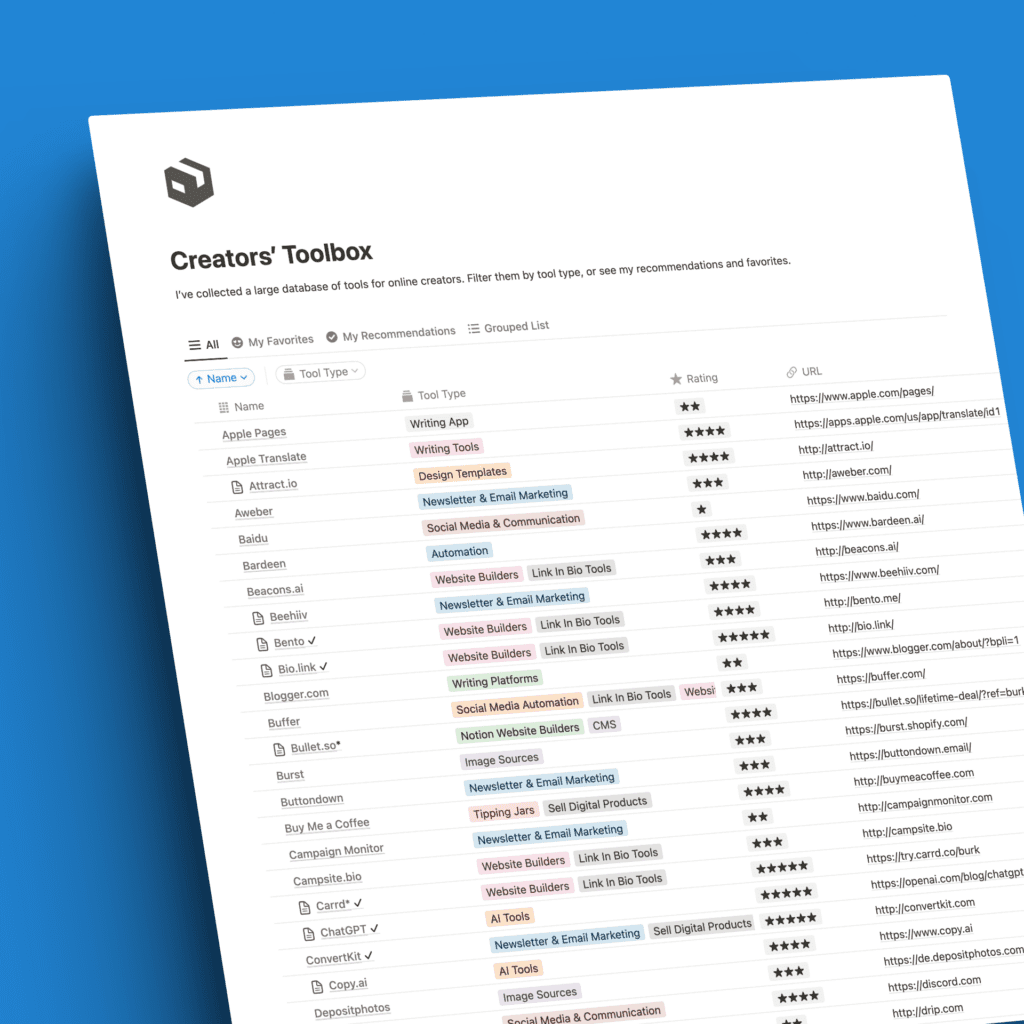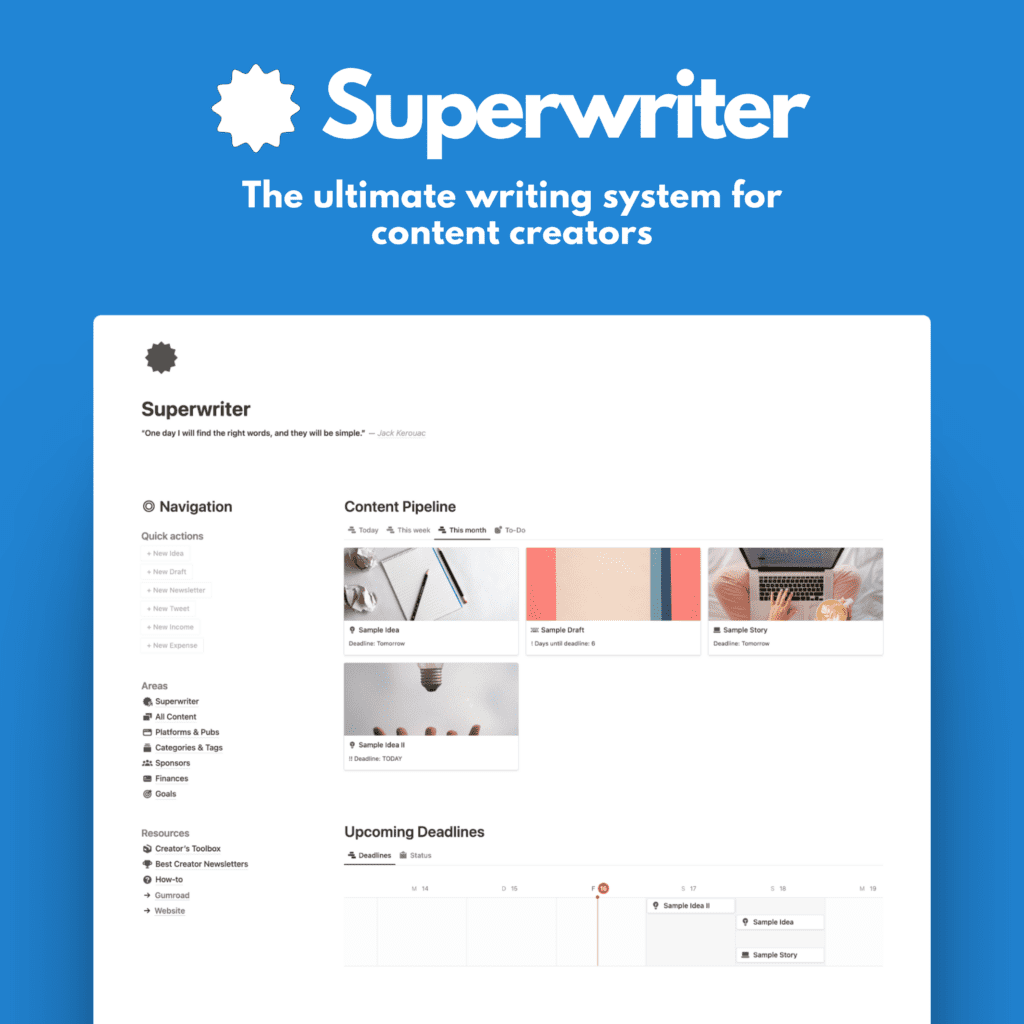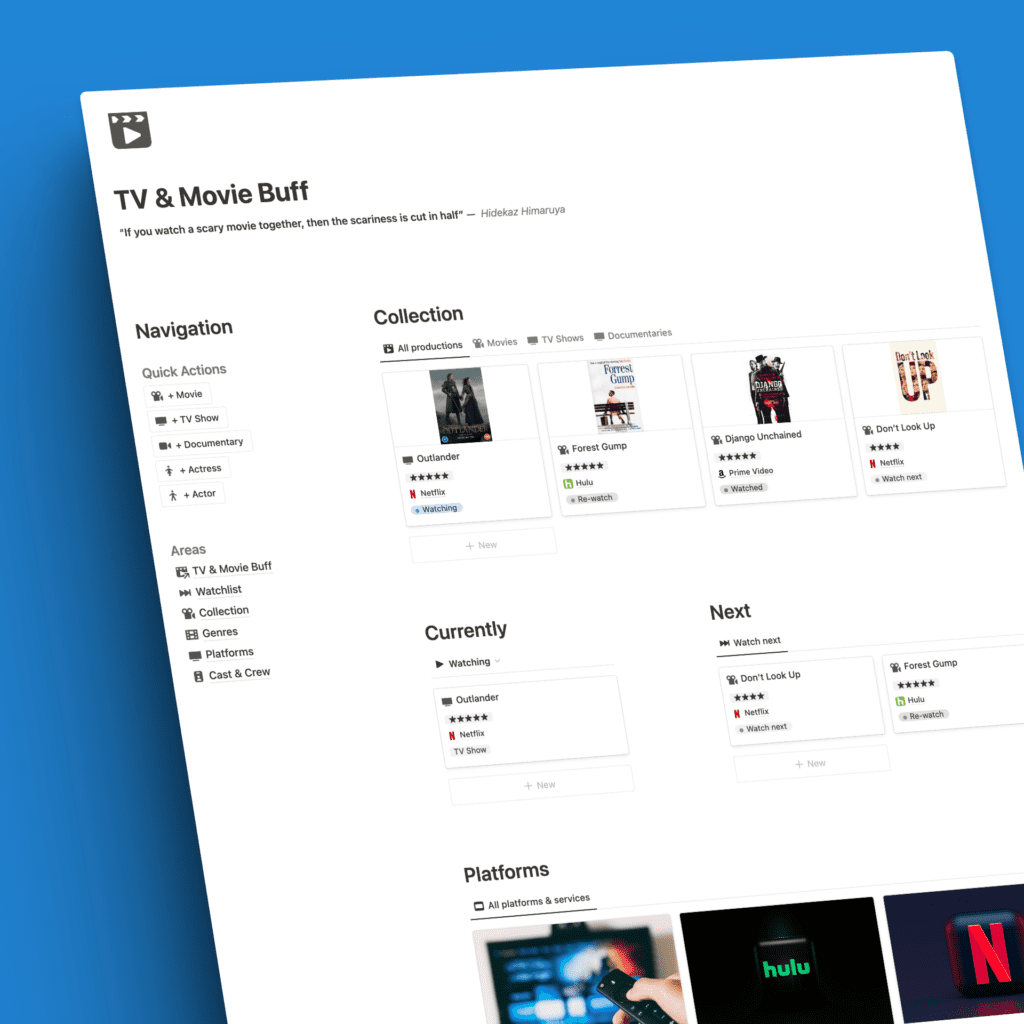We bloggers pour our hearts and souls into creating high-quality content. We hone our writing skills, craft thoughtful narratives, and share our hard-won insights. But as critical as superb writing is, focusing solely on content quality is not enough to succeed as a blogger.
What matters more than stellar writing? Exposure.
If no one sees your work, it hardly matters how skillfully written your articles may be.
Why?
Let me tell you about my friend T. It’s a totally real one.
He dreamed of becoming a celebrated blogger. T had a gift for writing — his prose was clear, engaging, and sprinkled with wry humor.
His ideas were original and insightful. Without a doubt, T’s writing talent could have powered a thriving blogging career. But today T doesn’t write anymore.
Why didn’t he make it? Because he neglected the most crucial element for any aspiring blogger: visibility.
The thing no writer wants to hear
It’s a cold hard truth: no one will read your content if they can’t find it. You can slave for months producing brilliant articles, posts, and stories.
But if your work remains buried on page 25 of Google search results or the backwaters of Medium’s algorithm, you might as well be writing in a private diary tucked under your mattress. Great writing is meaningless unless people see it.
So what enables a blogger’s content to be visible amidst the teeming chaos of the internet?
You guessed it — search engine optimization (SEO).
SEO is the key to unlocking an audience for your writing. With around 600 million blogs on the web today, your work needs SEO to get noticed.
SEO how?
SEO allows you to strategically place your content where your ideal readers are likely to find it. This usually involves ranking prominently in Google and other search engines.
But SEO isn’t just about chasing page views or making money. It’s about connecting your content with those who will appreciate it most.
Done right, SEO introduces your writing to those eager to hear what you have to say.
For any starting blogger, SEO should be priority number one. Before fine-tuning your writing or obsessing over headlines, first get the SEO basics down.
Then, headlines
Once you’ve created an SEO foundation, you can turn to honing eye-catching headlines.
Your headline is often the only hook a potential reader needs to click on your content. An irresistible title can be the difference between 100 views and 10,000 views.
That’s the reason clickbait exists.
Whether that’s good or bad, is an entirely different topic. But the truth is clickbaity headlines work. Would be cool if the content delivers, though.
And then?
Only after nailing down SEO and headlines should a blogger concentrate on improving & adapting other aspects of their writing. Like niching down or expanding to other platforms.
Writing is a craft that develops through steady practice. Don’t let perfectionism distract you from the more urgent tasks of discoverability and clickability.
Does this apply all the time?
No!
That’s the good news. SEO is important for bloggers who rely on search engine traffic to get their reads.
But there’s other ways. And other platforms. Medium, for example. Here, SEO isn’t the non-plus ultra.
Sure it helps if you want to your Medium stories to appear on Google. But most Medium writers want to earn from Medium readers. That the built-in audience that pays for the membership. They don’t necessarily care about SEO.
They care about great headlines and stellar writing. Or about getting to the point quickly. Or about a certain writer. Or many other things.
Medium and in part platforms like Substack have additional mechanics in place that make SEO less crucial. It still helps, but it’s not the only thing.
The bottom line
Here is the hierarchy every aspiring blogger who doesn’t focus solely on Medium or Substack should follow:
- SEO — Make your content easy to find
- Headlines — Make them impossible to resist
- High-quality writing — Let this come last, with time and experience
It’s natural for writers to fixate on the writing itself. And only that. But for blogging success, SEO and headlines are the critical first steps — without them, no one will stick around to enjoy your words, regardless of how splendid they may be.








